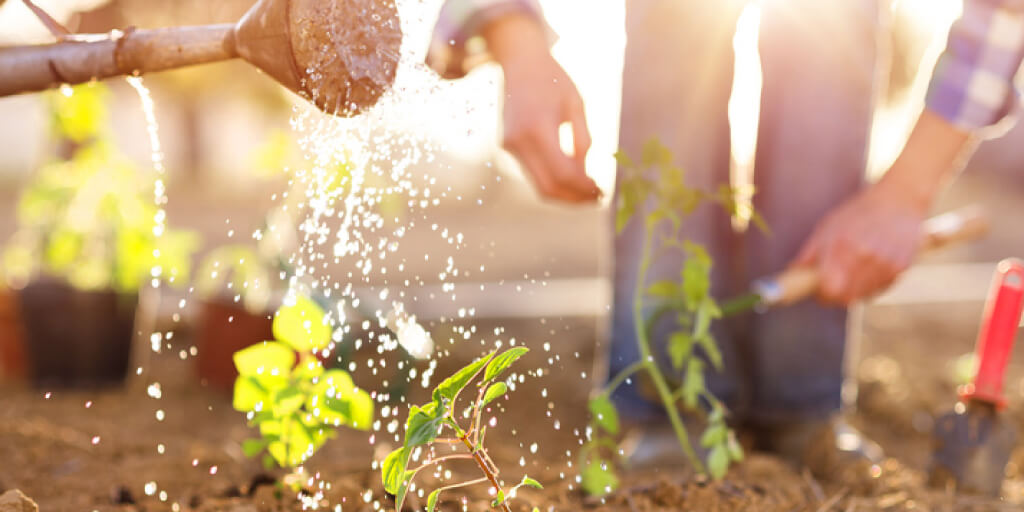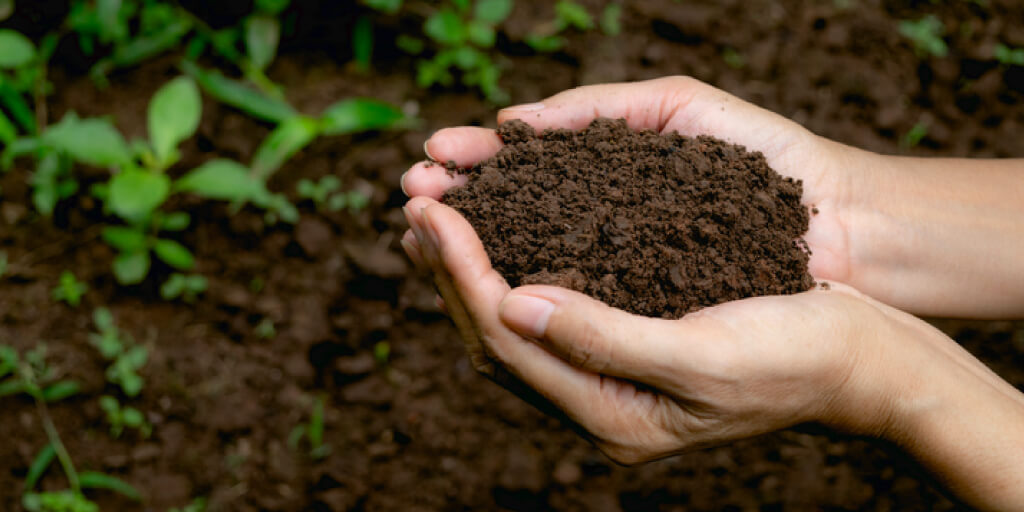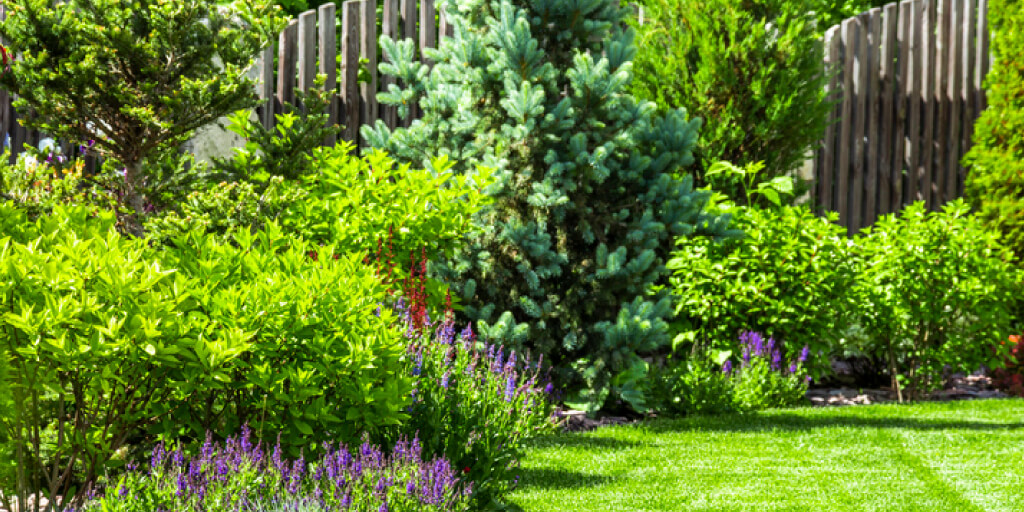Table of Contents
Gardening may not seem like one of the most popular or mainstream activities nowadays. However, it is still a beloved activity for many people across the globe. And in addition to being very good for our environment, gardening is also very healthy for us too.
Read on to learn more about the awesome health benefits of gardening:

10 Surprising Health Benefits of Gardening
Everyone knows how fun and rewarding gardening can be. Fresh flowers, fruits, veggies and herbs can really make your life better. However, not many people know how many health benefits gardening can really have.
Here are some of them:
1. You can grow to love vegetables
People often hate veggies – especially green ones – when they are children. These feelings sometimes remain the same well into adulthood. But, once you start a garden and really connect with nature, growing veggies yourself perhaps, you will also be more likely the fruits of your labor. The effect is best on people who were introduced to gardening early in their lives.
2. Gardening helps you lose weight
People want to lose weight without doing crazy fads. Gardening can help. Gardeners often have a lower BMI and lower chances of being overweight. It’s the combination of being active along with eating better and spending plenty of time outside that helps you lose weight.
3. You get a great workout
Gardening involves carrying heavy bags, picking weeds, planting seeds, shoveling, moving pots, building containers, kneeling, squatting and so on. All of this turns into a full body workout in the end. Your heart and your muscles will be healthier.
4. It feeds your spirit
Working with plants and spending time outside gives you the kind of glow that really gives away your happiness. Gardening helped astronauts stay sane while in space for a long time. So, it can definitely help you improve your mood.
5. It can lower your risk of heart disease
Gardening isn’t exactly the kind of workout you are used to but it’s the kind of a workout which can work well for people with heart disease. Thus, it can be a healthy gardening workout that can keep your heart disease risks low and help make your life longer.
6. It can slow down the climate change
Your garden alone won’t save the world but it will be one step in the right direction – you will do your part. You should enjoy the fact that you are creating something beautiful for all of the people in your community.
7. Gardening boosts your immune system
Being outside, with plants and nature as well as coming in contact with dirt on a regular basis allows you to have a better immune system and get less colds and flus throughout the year.
8. It can help you be stronger and more coordinated
You need a good grip for gardening and this is precisely the kind of skill you are going to develop. You will develop strength, flexibility and good coordination which are necessary for everyday life. What better way to hone these skills than gardening?
9. You’ll have more self-esteem
Your social skills may improve along with your gardening skills. Many gardeners report a sense of pride after a successful harvest. They also enjoy sharing their bounty with others, which can help you connect with other people.
10. It sharpens your brain as well
Rather than spending time in front of a screen, you can spend time outside, in the fresh air, allowing you time to really think and expand on your thoughts. This really helps your brain stay sharp, along with fine motor skills you hone when gardening.

How Do You Grow a Healthy Garden?
One of the worst things that can happen to any garden is a disease. These diseases happen when you have three things at once: a plant, a pathogen which will attack the plant and conditions that will allow the disease to spread. If you want to prevent disease, you should remove one of these three items. Remember that prevention is far better than removing the disease.
Here is how to prevent disease among your plants:
Examine the health of the plant before buying – Research thoroughly to learn what to expect from each plant and where to look for issues.
Use composted waste for your yard – Make sure that all of the ingredients of your waste have composted completely.
Watch out for bugs – Protect your plants against bugs since even the smallest bite can leave enough room for bacteria and viruses to enter
Clean your garden in the fall – Get rid of all of the leaves because they shelter bacteria over winter and that bacteria can harm your plants.
Use a proper fertilizer – Too much of the fertilizer can burn the plant’s roots and the wrong fertilizer can cause plants to be prone to disease
Plant plants that are resistant to disease – Again, research and talking to people can help you with this.
Prune damaged limbs – Because wounded limbs can become infected over winter, it’s best to cut them before winter.
Choose the plant placing properly – Make sure that you have educated yourself enough that you know which plant needs what.
Water your plants according to their needs – Don’t water them more than they need to be watered.
Don’t put too many plants in one spot – This creates a humid environment, perfect for diseases.

Improve Your Mental Health through Gardening
Here are some of the best ways gardening can improve your mental health:
You get to reconnect with nature – Time spent outdoors has long been linked to improved mood and feelings of peace.
It can help you deal with stress – Gardening is calming and relaxing which can help you deal with stress.
It allows you to exercise in a fun, interesting way – Scientists have stated that gardening can serve as a long-term hobby even in the old age. Exercise helps you relax and unwind.
It creates a way to communicate with loved ones – When gardening, you can connect with your family and friends. Invite family to help you garden and see the immediate mental health benefits of socializing with your family.
Gardening can help you develop social skills – With gardening being a skill where you have to connect with people, this is a great way to improve your mental state.

How Does Planting a Garden Help the Environment?
Plants are necessary for our environment to be healthy and prosperous. You creating your own garden can be your own contribution to the environment and making it better. Here is how you are benefiting the environment by planting a garden:
You can use your waste for something better than filling a landfill. You can compost it and use it for your plants, to provide them with enough nutrition and ensure that they are healthy. Create a full list of everything on your property that you can compost and start a compost bin that will store all of that.
Global warming is a common term. While you may not think that your small garden can help in producing oxygen, a collective effort with everyone doing something to create a better future with less pollution.
You can help preserve wildlife by creating habitats for small animals like birds, insects and so on. Not only are you creating a sea of benefits for them, they can also help you deal with pests and diseases.
Use non-toxic fertilizers and organic manure which can nourish the land but not poison it.
Use an electric lawn-mower instead of the one that runs on gasoline
If you want to get rid of pests, find natural repellents – for instance, egg shells for slugs.

Different Types of Gardens
Gardening is a beautiful activity that most people love. Historically, it has allowed humans to grow and prosper. Nowadays, the majority of farming is commercial. Yet, there are still people out there who love and grow their gardens, planting trees, fruits, vegetables and flowers.
There are many different types of gardens. Not everyone has access to large backyards or sprawling spaces; sometimes you have to get creative.
Here are some garden types that can inspire you to create your own.
Container Gardens – These are small gardens planted in something that is man-made – pots, planters, wheels, hanger plants and so on. This is the simplest type and that’s why it’s so popular.
Raised bed gardens – If you want more area for planting, raised bed gardens could be a good option. You can create a vegetable patch, plant flowers or berry bushes. They are built with wooden planks and filled with soil in order to protect your plants. They are easier to water and grow.
Fruit and vegetable gardens – If you want to build a self-sustainable home, this is a great option. You’ll have plenty of tasty food. While it may seem overwhelming at first, you can do it by simply following the rules, just like with any other plant.
Flower gardens – Because many people like flowers more than growing fruit and vegetables, there are flower gardens as well. In fact, most people grow a beautiful mix of both. One variety is the rose garden.
There are many other types of gardens like:
- Butterfly gardens
- Indoor gardens
- Community gardens
- Woodland gardens
Pick one type which suits you best or mix and match things types that you think would work well together and get gardening!
Do you have great green thumb? Feel free to plant some suggestions in the comments down below!
Sources
https://www.patioproductions.com/blog/news/4-reasons-why-gardening-is-good-for-the-environement/
https://www.finegardening.com/article/10-ways-to-keep-your-garden-healthy




Comments
Loading…